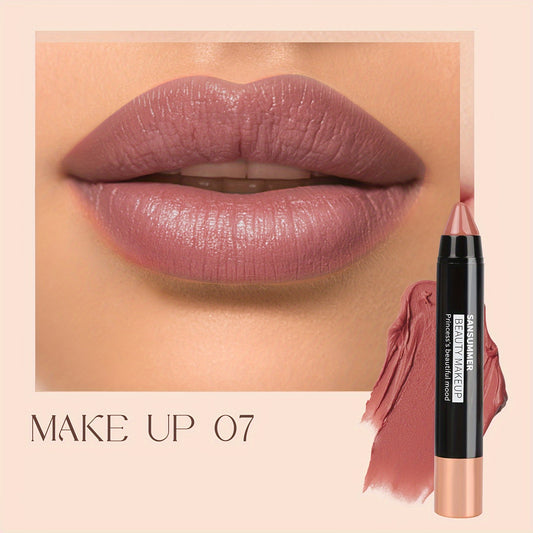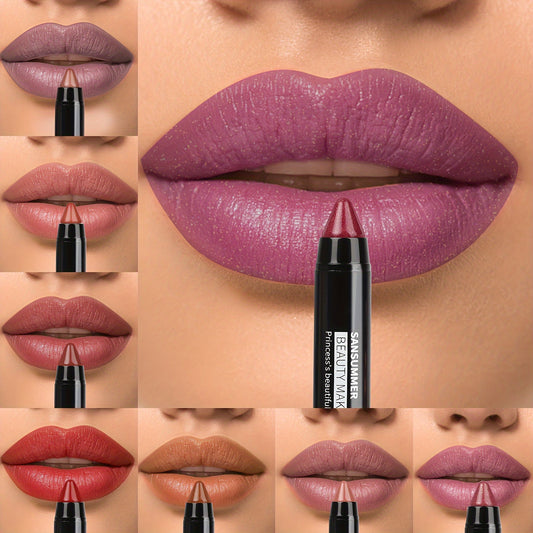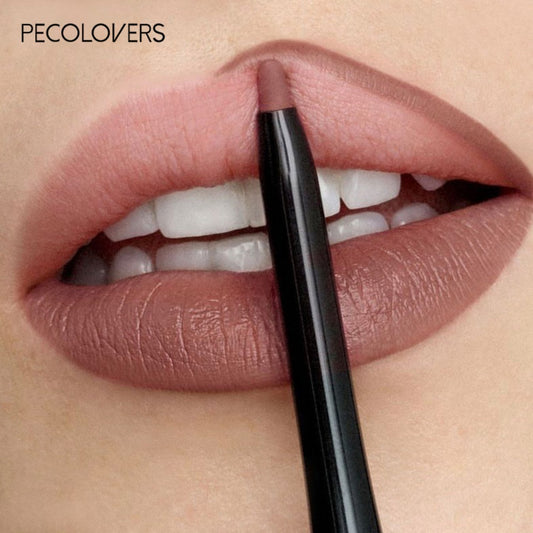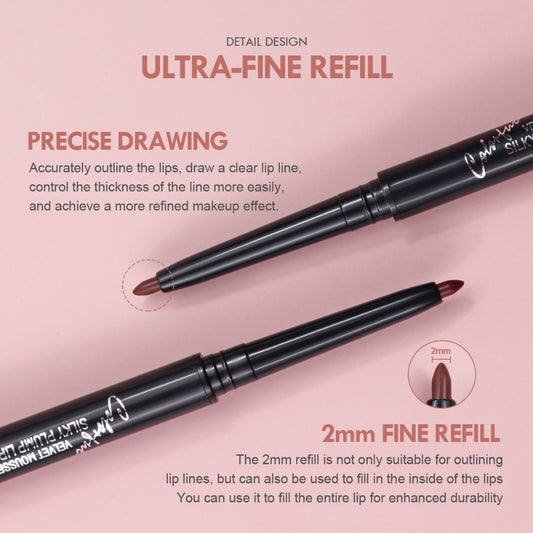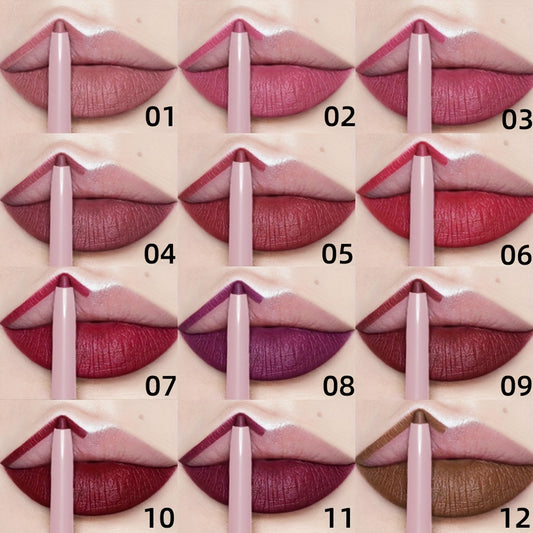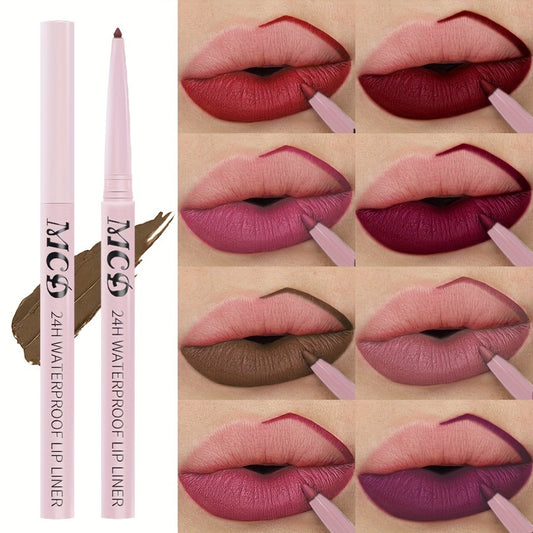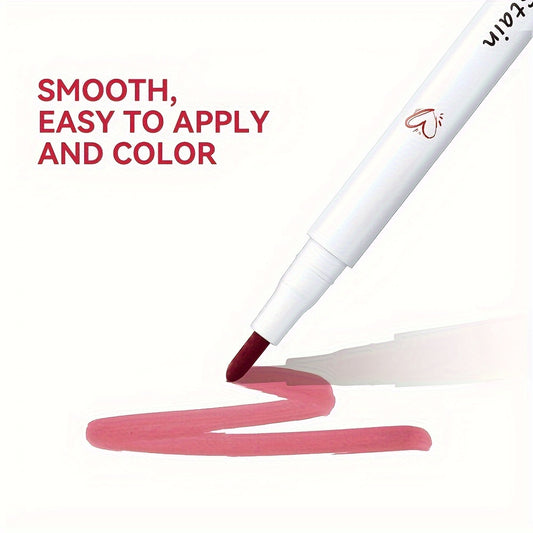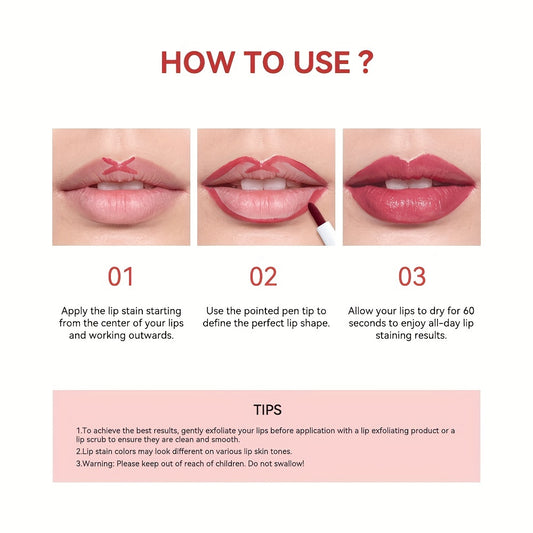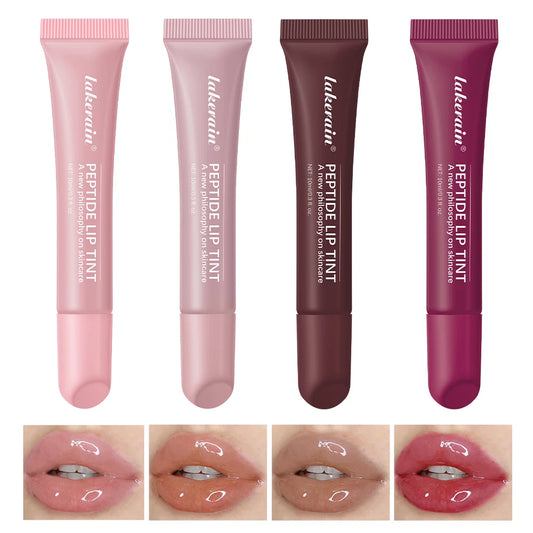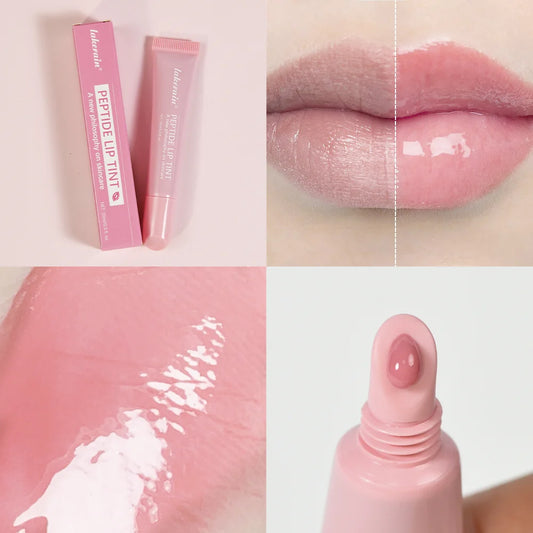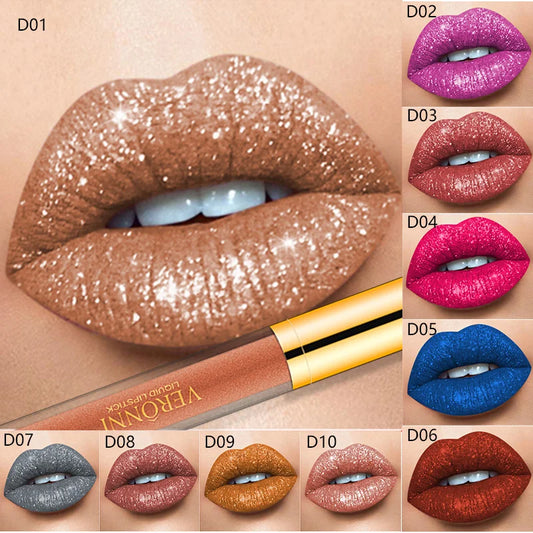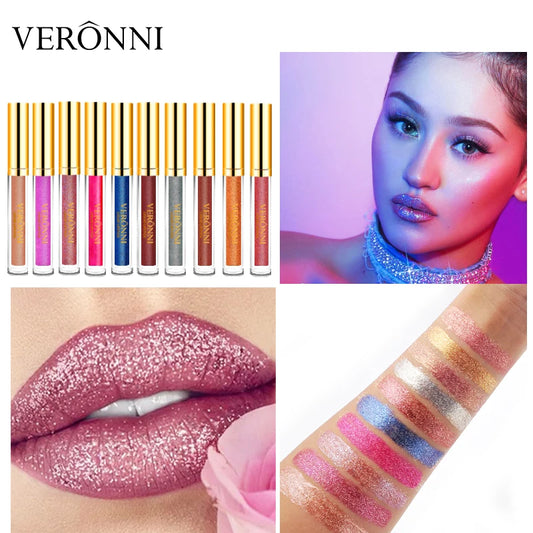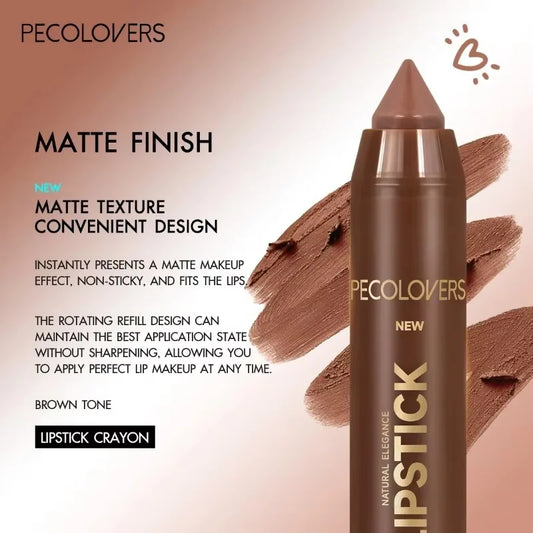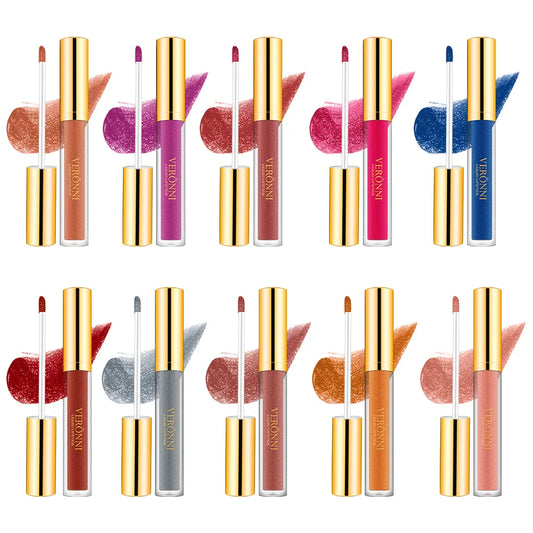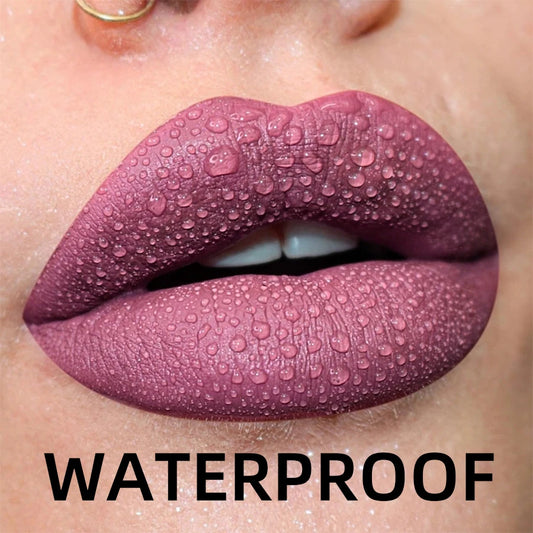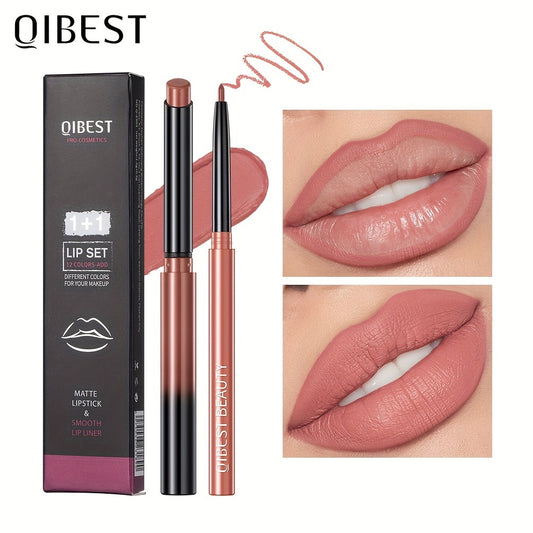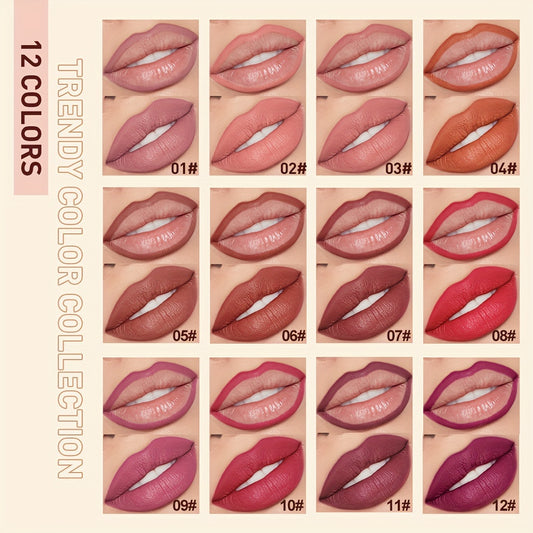Unpacking Broadway Lip Gloss Ingredients: What's Inside?
Share
So, you've seen those Broadway lip glosses and wondered what's really in them, right? It's not just about the color or the shine. We're going to break down the ingredients in Broadway lip gloss, looking at what makes them feel good (or not so good) on your lips. Think of this as your cheat sheet to understanding what you're putting on your pout, from the oils that moisturize to the things that make them smell nice. Let's get into the nitty-gritty of Broadway lip gloss ingredients.
Key Takeaways
- Broadway lip gloss ingredients include carrier oils like jojoba and coconut for smoothness, humectants like glycerin to draw in moisture, and occlusives like beeswax to seal it in.
- Antioxidants such as Vitamin E are often included in Broadway lip gloss formulas to help protect and heal your lips.
- Some Broadway lip glosses might contain plumping agents, which can cause a tingling or burning sensation, so use them cautiously.
- The texture of Broadway lip gloss can vary greatly; some aim for a non-sticky, lightweight feel while others might be thicker and more emollient.
- When choosing a Broadway lip gloss, it's smart to check the ingredient list, read what other people say about it, and consider how it feels on your own lips.
Understanding Broadway Lip Gloss Ingredients
So, you've got this Broadway lip gloss, and you're wondering what's actually in it, right? It's not just magic goo that makes your lips look shiny. There's some science behind it, and knowing the basics can help you pick what works best for you. Let's break down some of the main players you'll find in these glosses.
The Role of Carrier Oils in Broadway Lip Gloss
Think of carrier oils as the base of the gloss. They're what give it that smooth glide and help carry other ingredients. Oils like jojoba, coconut, or sunflower oil are common. They do a few things: they help moisturize your lips, make the gloss feel nice and slick, and can even add some good stuff like antioxidants. The type and amount of carrier oil really affect how the gloss feels – too much, and it might feel greasy; too little, and it might feel dry.
Here's a quick look at some common carrier oils:
- Jojoba Oil: Similar to our skin's natural oils, it's good for moisturizing without feeling too heavy.
- Coconut Oil: Really hydrating, but sometimes it can feel a bit much for some people.
- Sunflower Oil: Packed with vitamins, it's a lighter option that helps keep skin soft.
- Argan Oil: Known for its nourishing properties, it adds a touch of luxury.
Humectants for Lasting Hydration
Next up are humectants. These are ingredients that are really good at pulling moisture from the air and drawing it into your lips. Glycerin and hyaluronic acid are popular humectants. They help keep your lips feeling plump and hydrated, especially if the air around you is dry. It's like giving your lips a drink of water. However, if the humidity is super low, humectants alone might not be enough, and they could even pull moisture out of your lips if not balanced with other ingredients.
Occlusives: Creating a Protective Barrier
Occlusives are the protectors. Ingredients like shea butter, beeswax, or certain silicones (like dimethicone) form a sort of shield on your lips. This barrier helps to lock in all that moisture from the carrier oils and humectants, and it also keeps environmental stuff, like wind or cold air, from drying your lips out. They're key for making sure the hydration actually stays put. Without occlusives, all that moisturizing goodness could just evaporate.
The balance of these three types of ingredients – the oils, the moisture-attractors, and the moisture-sealers – is what makes a lip gloss feel comfortable and hydrating, rather than just sticky or dry.
Key Components in Broadway Lip Gloss Formulas

Antioxidants for Lip Health
Think of antioxidants as tiny bodyguards for your lips. They work to fight off damage from things like the sun and pollution, which can make your lips look older or feel dry. Ingredients like Vitamin E, which you'll find in many lip products, are great for this. Green tea extract and pomegranate extract are also common additions, offering a little extra protection and helping to keep your lips looking their best. These ingredients help maintain the health and youthful appearance of your lips over time.
Plumping Agents and Their Effects
Some lip glosses aim to give your lips a fuller look, and they do this with plumping agents. These ingredients, like capsicum extract (from chili peppers) or cinnamon oil, create a slight tingle or warmth. This sensation is actually your blood flow increasing a bit, which temporarily makes lips look puffier. It's a neat trick, but if you have sensitive skin, you might want to be cautious. Some people find the tingling a bit much, so it's good to know what you're getting into.
Flavorings and Fragrances: Enhancing the Experience
Let's be honest, how your lip gloss smells and tastes can make a big difference in how much you enjoy wearing it. Broadway Lip Gloss often includes flavorings and fragrances to make the experience more pleasant. These can range from sweet fruity notes to subtle vanilla scents. While they add a fun sensory element, it's worth noting that some people can be sensitive to added fragrances. If that's you, looking for "fragrance-free" options might be a good idea.
Analyzing Broadway Lip Gloss Textures
So, we've talked about what's in the gloss, but how does it actually feel? That's a whole other ballgame, right? Nobody wants that sticky, heavy feeling that makes your lips feel glued together. We're aiming for that smooth, comfortable glide that makes you forget you're even wearing anything, except for the lovely shine, of course.
The Quest for Non-Sticky Formulas
This is the big one. The holy grail of lip gloss, really. A truly great lip gloss should feel light and smooth, not like you've accidentally dipped your face in a vat of honey. Brands try all sorts of tricks to get this right. They might use lighter carrier oils or adjust the ratios of waxes and emollients. Sometimes, it's about the specific type of polymer used to create that glossy film. It's a delicate balance, and when a brand nails it, you just know.
Achieving a Lightweight Feel
Getting that barely-there sensation is all about the formulation. It's not just about slapping some shine onto your lips; it's about making sure it feels good too. Think about how some glosses just sink in and feel nourishing, while others sit on top like a thick layer. That difference often comes down to the base ingredients and how they're combined.
Here's a quick look at how different ingredient types can affect the feel:
- Carrier Oils: These are the backbone. Lighter oils like jojoba or sunflower can give a smooth glide without feeling too heavy. Heavier ones, like castor oil, can add shine but might feel a bit more substantial.
- Waxes (like beeswax or candelilla): These help give the gloss structure and longevity. Too much, and it can feel waxy or stiff. Just the right amount helps it stay put without feeling stiff.
- Silicones (like dimethicone): These are often used to create that super-smooth, slippery feel. They can make the gloss glide on like a dream, but some people find they can feel a bit too slick or artificial.
Evaluating User Experiences with Stickiness
Ultimately, we all have our own idea of what feels
Benefits of Broadway Lip Gloss Ingredients
Broadway lip glosses aren't just about adding a pop of color or shine; they're packed with ingredients that actually do good things for your lips. Think of it as a little treat for your pout, making it look good while feeling even better.
Nourishing Oils for Softness
Lots of Broadway glosses use oils like jojoba, coconut, or even rosehip. These aren't just fillers; they're there to moisturize. They sink in a bit, helping to keep your lips from feeling dry and rough. The right oils make your lips feel super soft and smooth, almost like a balm, but with that glossy finish. It’s a nice change from glosses that just sit on top and feel sticky.
Vitamins for Lip Care
Some formulas include vitamins, especially Vitamin E. You know, the stuff that's good for your skin in general? Well, it's good for your lips too. It helps protect your lips from damage, kind of like a little shield against everyday stuff that can make them look and feel worn out. It also helps with healing if your lips are a bit chapped.
Hydration and Shine Properties
This is probably the most obvious benefit. The gloss itself gives you that shiny look that makes lips appear fuller. But beyond the shine, many ingredients work to keep moisture locked in. Things like hyaluronic acid or glycerin pull water into the lips, while other ingredients create a light barrier to stop it from escaping. This means your lips stay hydrated and look plump, not just for a few minutes, but for a good while.
The goal is a balance. You want that beautiful sheen and plump look, but you also need your lips to feel comfortable and cared for. It's not just about looking good; it's about feeling good too, with lips that are healthy and happy.
Here's a quick look at what some common ingredients aim to do:
- Moisturize: Oils like almond or avocado help keep lips soft.
- Protect: Vitamin E and other antioxidants fight off environmental stress.
- Hydrate: Humectants draw moisture to the lips for a fuller look.
- Soften: Ingredients that smooth the lip surface for a better feel.
Decoding Marketing Claims for Broadway Lip Gloss
So, you see a lip gloss labeled "Juicy Glam" or "Electric Shine," and you're picturing perfectly plump, glistening lips that feel like a dream. We've all been there, right? But here's the thing: marketing is designed to make products sound amazing. It's our job to figure out if the reality matches the hype.
What "Juicy" and "Glam" Really Mean
When a brand says "juicy," they're usually hinting at hydration and a plumped-up look. Think lips that look healthy and full of moisture. "Glam," on the other hand, points towards shine, a bit of luxury, and a noticeable, eye-catching finish. It's the kind of look that makes you feel ready for the spotlight.
| Marketing Term | Implied Benefit |
|---|---|
| Juicy | Hydration, plumpness, healthy appearance |
| Glam | Shine, luxury, sophisticated look |
| Electric Shine | Intense, high-impact gloss |
| Luscious | Rich texture, full appearance |
Assessing Comfort and Feel
This is where things can get a little tricky. A "juicy" gloss might feel great, or it might feel sticky and heavy. A "glam" finish could be a smooth, light shimmer, or it could be a thick, gloopy mess. What feels comfortable is super personal, but generally, we're looking for a few key things:
- Non-Sticky Texture: Nobody wants their lips to feel like they're glued together. A good gloss should glide on smoothly without that annoying tackiness.
- Lightweight Formula: You want to feel like you're wearing something nice, not like you've slathered on a thick layer of something that's going to weigh your lips down.
- Lasting Hydration: Even with all the shine, the gloss should feel like it's actually doing something good for your lips, keeping them moisturized.
The real magic happens when a product manages to deliver on its promises without making your lips feel uncomfortable. It's a delicate balance, and sometimes, even the most beautifully packaged gloss can miss the mark on feel.
The Importance of Formulation Balance
Ultimately, how a lip gloss feels and performs comes down to its ingredients and how they're put together. A gloss might have amazing moisturizing oils, but if there's too much of a sticky binder, it won't feel great. Or, it might have a fantastic shine agent, but if it lacks hydrating components, it could feel drying.
- Carrier Oils: These are the base, providing slip and moisture. Think jojoba or coconut oil.
- Humectants: Ingredients like glycerin pull moisture to the lips.
- Occlusives: Waxes or butters create a barrier to keep that moisture in.
- Shine Agents: These give the gloss its characteristic gleam.
Getting these elements right is what separates a truly great lip gloss from one that just looks good in the tube. It's about creating a product that feels as good as it looks, offering that "juicy glam" without any of the downsides.
Making Informed Choices About Broadway Lip Gloss

So, you've been looking at all these Broadway lip glosses, and maybe you're wondering how to pick the right one. It's not just about the pretty colors, right? There's a whole lot going on in those little tubes. The best way to choose is to actually look at what's inside and see what people are saying.
Scrutinizing Ingredient Lists
Looking at the ingredient list might seem a bit much, but it tells you a lot. Think of it like checking the nutrition label on food. You want to know what you're putting on your lips.
- Carrier Oils: These are the base of most glosses. Things like jojoba oil, coconut oil, or sunflower oil are pretty common. They help make the gloss feel smooth and keep your lips from drying out. Too much of some oils, though, can make it feel a bit heavy or greasy.
- Humectants: Ingredients like glycerin or hyaluronic acid pull moisture to your lips. They're great for keeping things hydrated.
- Occlusives: These create a barrier. Think beeswax or shea butter. They help lock in that moisture you just got from the humectants.
- Additives: This is where you find things like vitamin E (an antioxidant), flavorings, and sometimes plumping agents (like cinnamon oil, which can make your lips tingle a bit).
It's helpful to know what's what so you can spot ingredients that might not work for you. For example, if you have sensitive skin, you might want to avoid glosses with a lot of artificial fragrances.
Considering User Reviews and Testimonials
Ingredient lists are one thing, but what about real people using the product? Reviews can be super helpful. You can find them on company websites, beauty blogs, or even social media.
When you're reading reviews, look for comments about:
- Texture: Does it feel sticky? Is it too thick or too thin?
- Wear Time: How long does the color and shine last before you need to reapply?
- Comfort: Does it feel drying, or is it comfortable to wear all day?
- Scent/Flavor: Is it pleasant, or too strong?
Sometimes, a gloss might have great ingredients on paper but still feel awful on the lips. Or, a gloss with simpler ingredients might feel amazing. Reviews give you that real-world perspective.
Personal Preference in Lip Gloss Selection
Ultimately, what feels good and looks good on your lips is what matters most. What one person finds comfortable, another might not. It's a bit of trial and error.
Don't be afraid to experiment. What works for your friend might not be your favorite. Pay attention to how your lips feel after wearing a gloss for a few hours. That's the best indicator of whether it's a good fit for you.
Think about what you want from a lip gloss. Are you looking for a subtle shine for everyday wear, or a bold, high-impact look for a night out? Do you prioritize hydration above all else, or is a long-lasting color more important? Answering these questions can help narrow down your choices. Sometimes, the "best" gloss is simply the one that makes you feel good when you wear it.
Choosing the right Broadway lip gloss can make a big difference in how you look and feel. It's not just about picking a pretty color; it's about finding a formula that keeps your lips looking great all day long. Think about what you need – do you want something super shiny, or maybe something that lasts for hours without needing a touch-up? Exploring different types of lip gloss can help you discover your perfect match. Ready to find the gloss that will make your smile pop? Visit our website to explore our amazing selection and get tips on how to choose the best one for you!
So, What's the Verdict?
Alright, so we've taken a good look at what goes into those shiny tubes of lip gloss, especially the ones promising that 'Juicy Glam' feel. It turns out, it's not just magic in a bottle. It's a mix of oils, waxes, and sometimes other bits that either make your lips feel great or, well, not so great. The big takeaway here is that 'juicy' and 'glam' don't always mean comfortable. You really have to check those ingredient lists and see what people are saying. What feels amazing on one person's lips might be a sticky mess for another. So, keep experimenting, read those reviews, and find the gloss that makes your pout happy without feeling like a chore to wear. Happy glossing!
Frequently Asked Questions
What are the main jobs of ingredients in lip gloss?
Lip gloss ingredients do a few cool things! Some, like oils, make your lips feel soft and smooth. Others, called humectants, pull moisture to your lips to keep them hydrated. Then there are occlusives, which create a shield to stop moisture from escaping and protect your lips from the weather.
Are all lip glosses sticky?
Not at all! While some older or cheaper glosses can feel sticky, many newer formulas are made to be super smooth and lightweight. Brands are working hard to create glosses that feel great and don't make your lips feel glued together.
What does 'juicy' and 'glam' mean for lip gloss?
When a lip gloss is called 'juicy,' it usually means it makes your lips look really hydrated, plump, and healthy, like they just had a drink of water. 'Glam' suggests it adds a fancy shine and a touch of luxury, making your lips look ready for a big event.
Can lip gloss ingredients actually help my lips?
Yes, many do! Ingredients like Vitamin E and plant oils can nourish and protect your lips. Some glosses also have ingredients that help keep your lips moisturized for a long time, making them feel softer and look smoother.
What should I look for when choosing a lip gloss?
It's smart to check the ingredient list. Look for nourishing oils and hydrating ingredients. Also, read what other people say in reviews – they often mention if a gloss feels comfortable, isn't too sticky, and lasts a good while. Ultimately, pick what feels best on your lips!
What are plumping agents and should I use them?
Plumping agents are ingredients like chili pepper extract or cinnamon oil that temporarily make your lips look fuller by increasing blood flow. They can cause a tingling or even burning feeling, so if you have sensitive skin, you might want to avoid them or use them very carefully. Some people love the effect, while others find it uncomfortable.

